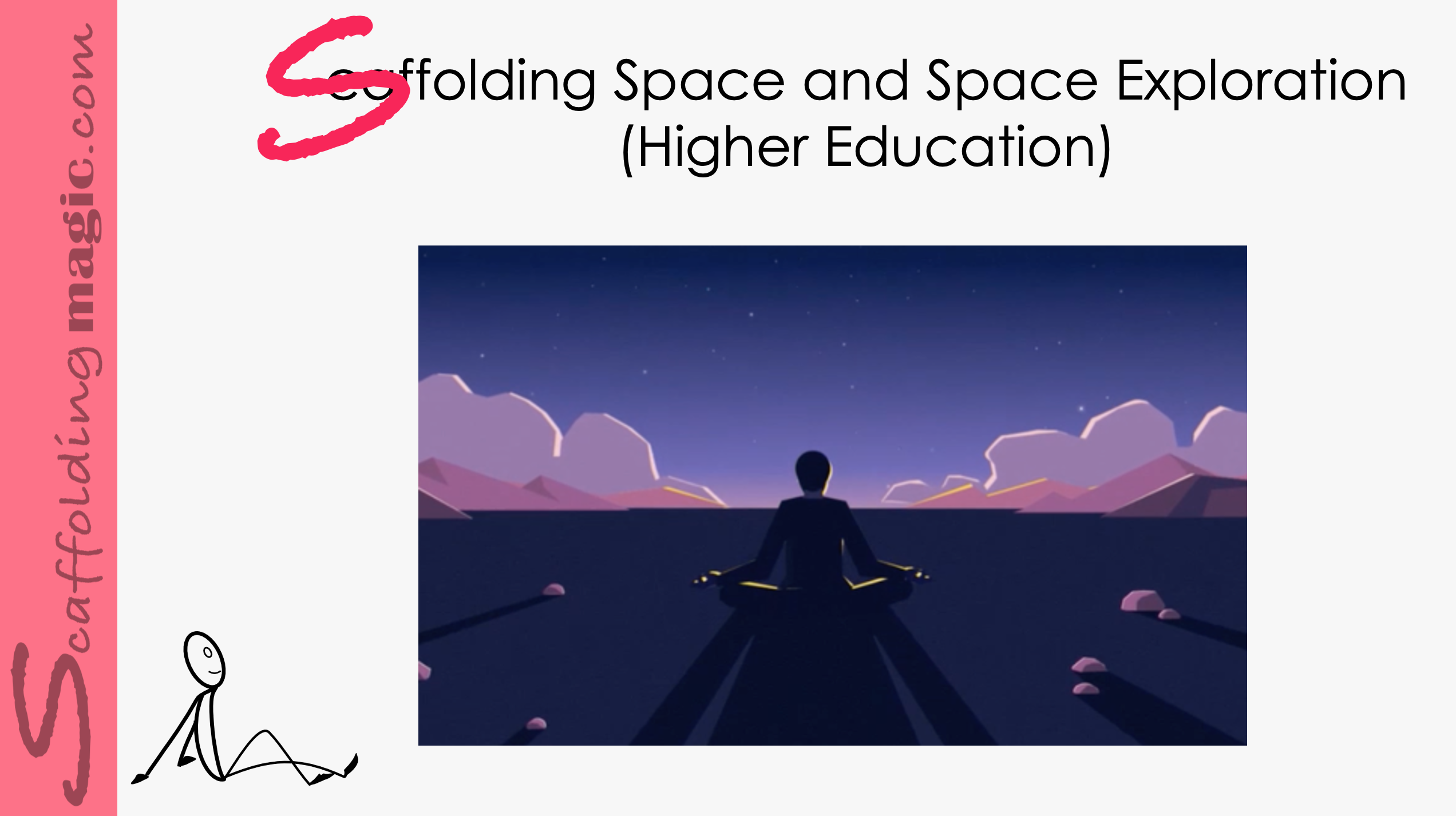Let’s help students to consider the original motives behind space exploration – controlling direction and purpose of what is possible in space in the future. How important is that goal and is inner exploration more meaningful?
$5.00
Let’s help students to consider the original motives behind space exploration – controlling direction and purpose of what is possible in space in the future. How important is that goal and is inner exploration more meaningful?
Let’s help students to consider the original motives behind space exploration – controlling direction and purpose of what is possible in space in the future. How important is that goal and is inner exploration more meaningful?
In this scaffold, students have the opportunity to develop their linguistic and visual skills as they negotiate connections between text and images. They also interact with the information through temporal and grammatical transformations, as well as bodily-kinesthetic interplay.
We take every opportunity to expand our practice. Whenever possible, we broaden the variety of strategies we use in our classroom activities so that when our students go out into the world, they are more prepared – all because of the extra effort we put into our lessons.
In this scaffold, students have the opportunity to develop their linguistic and visual skills as they negotiate connections between text and images. They also interact with the information through temporal and grammatical transformations, as well as bodily-kinesthetic interplay.
We take every opportunity to expand our practice. Whenever possible, we broaden the variety of strategies we use in our classroom activities so that when our students go out into the world, they are more prepared – all because of the extra effort we put into our lessons.
Using information wheels in lessons is a wonderful way of honouring our students who need to learn through kinesthetic interaction. With information wheels, your students will use deductive reasoning, negotiate meaning, activate long-term memory, and learn new subject matter, all at the same time. Because they will be interacting with information with their hands, they’ll benefit from the essential transition from social-to-exploratory-to dialogic-to presentational-and…finally…to meta learning.*
Using information wheels in lessons is a wonderful way of honouring our students who need to learn through kinesthetic interaction. With information wheels, your students will use deductive reasoning, negotiate meaning, activate long-term memory, and learn new subject matter, all at the same time. Because they will be interacting with information with their hands, they’ll benefit from the essential transition from social-to-exploratory-to dialogic-to presentational-and…finally…to meta learning.*
Higher-order level questions – those that elicit deeper thinking – help students to stretch their thinking and engage their curiosity, their reasoning ability, their creativity, and independence. These questions encourage students to open their minds, they offer opportunities to produce original thinking.
Higher-order level questions – those that elicit deeper thinking – help students to stretch their thinking and engage their curiosity, their reasoning ability, their creativity, and independence. These questions encourage students to open their minds, they offer opportunities to produce original thinking.
The brain sparks and grows when we make mistakes – even if we are not aware of it – because it is a time of struggle; the brain is challenged, and so this is when it grows the most.* Errors need to be celebrated in our classroom; we need to help our students to embrace the effort they make in their studies and focus on mistakes and successes alike, and not only the outcomes.
The brain sparks and grows when we make mistakes – even if we are not aware of it – because it is a time of struggle; the brain is challenged, and so this is when it grows the most.* Errors need to be celebrated in our classroom; we need to help our students to embrace the effort they make in their studies and focus on mistakes and successes alike, and not only the outcomes.
